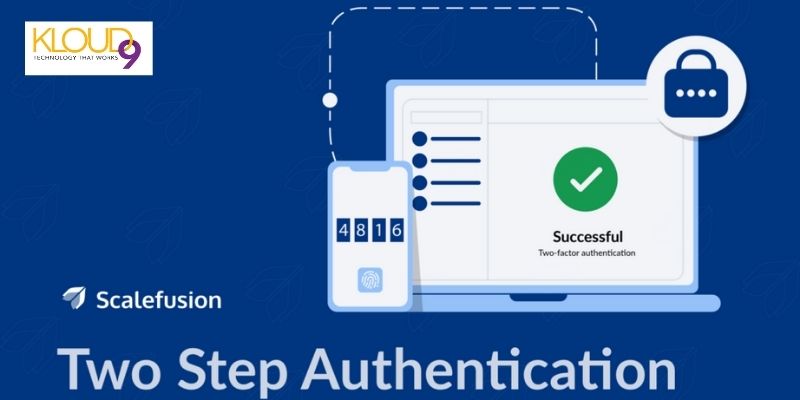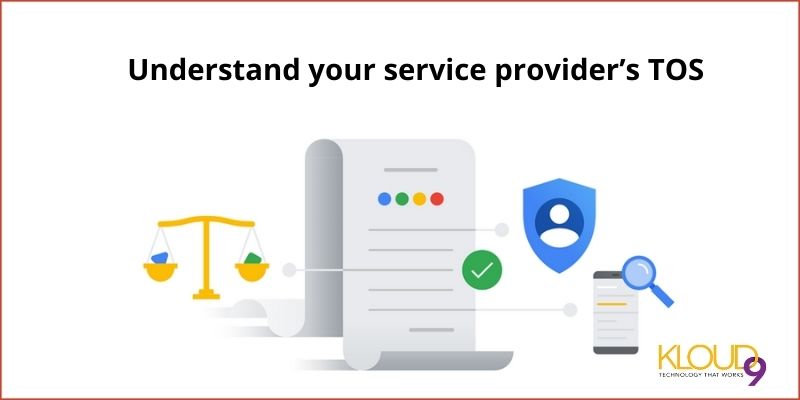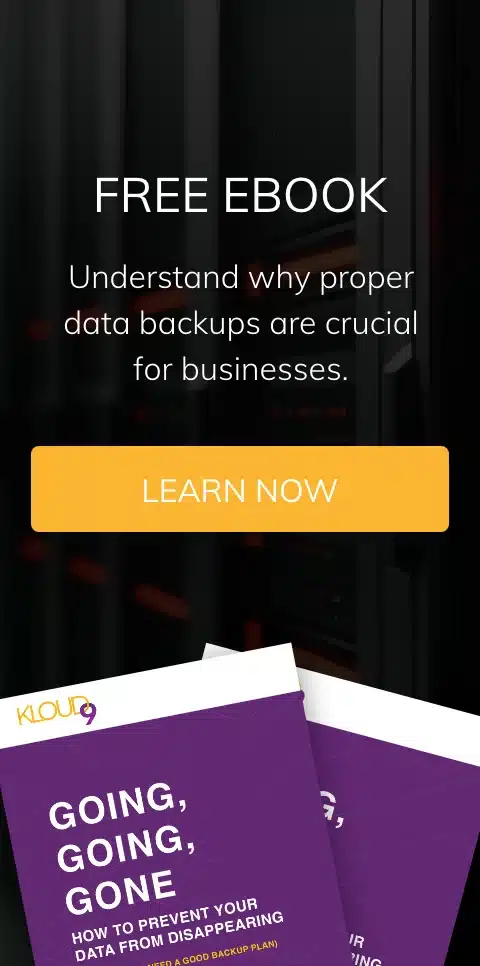Cybersecurity is a thing you should not take lightly in this internet age. Data from thousands of internet users get breached yearly, with sensitive information getting into the wrong hands. Therefore, you should make it a priority to always secure your emails. Email security is important for both work and personal email accounts.
It is dangerous when your email gets hacked. This is because it contains sensitive information like your financial records and medical history. Such information can give a hacker control of your personal and business activities. This is something that you don’t want. To avoid such incidents from happening, your email must be secure at all times.
5 Tips For Keeping Your Email Secure
You must put your time and effort into securing your email. Doing so is important because emails are the top targets for data thieves. With the availability of sophisticated equipment, it is not difficult for hackers to gain control of your data. It is now up to you to take precautions against breaches. The given below 5 tips will help keep your email protected:
1. Enable two-factor authentication
You should use two-factor verification when setting up your email login credentials. This will help reduce the risk of unauthorized access to your account. An unsecured email can be accessed just by figuring out the password. However, the two-factor verification will make it difficult for hackers to gain access.
The two-factor is simple to set up. Its basic principle is by combining something you have with another thing you own. A typical example is the debit card, which requires both a PIN and a physical card for verification each time you use it. Configuring the two-step verification before gaining access means that you are not putting all your faith in your password.
This process of authentication is similar to that of Windows mail and Gmail. Access to your email becomes difficult when you have it all set up. This is because it will require having access to your phone, which is not within the reach of the intruder; unless the intruder manages to get hold of it, which is not so easy to do.
2. Encrypt your email
By encrypting sensitive mail, you keep your data away from the prying eyes of hackers. This is the best way to go, as it makes it impossible for hackers to decode your message. The deciphering of your private mail is at your discretion when your messages are encrypted. There are client-side encryptions that make your emails unreadable even if your inbox is compromised.
Third-party add-ons like Vitru and Sendsafely will help you enjoy additional security and privacy through encryption. These add-ons are particularly useful because a lot of email services do not have their built-in encryption of your sensitive attachments and messages.
The mail you send passes through servers, many of which are unsecured. This makes them vulnerable to breaches. Another downside is that some unsecured servers will even save copies of the mail you send. When you encrypt sensitive mail, service providers and hackers will not be able to intercept them; only the intended recipients will be able to read it.
3. Limit forwarding
Before you forward or share any mail you receive, think about the consequences. Think about who will see the message and where you are forwarding it to. This is most important when your email is hosted on a corporate server. Corporate servers should have security protocols that protect all the sensitive information in your mail.
You are exposing data whenever you forward an internal email to a mail outside of your organization. This is because the mail you send goes through unencrypted and unsecured servers. Limiting how you share corporate mail will ensure that you do not violate any internal security measures.
All it takes to cause a breach is for an employee to share an email with an unauthorized recipient. This single act is dangerous even if you are a secured entity that sends mail with sensitive information to business associates. You must limit forwarding emails.
4. Understand your service provider’s TOS
You can get a lot more information from the terms of service (TOS) of your email service provider than what you can get from advertisements and media interviews. From these TOS, you will know the type of security measure they will provide to you. Some may encrypt the message on their servers, and others could have security measures to counter severe breaches.
Understanding these terms of service will make you know if your service providers have your best interest in mind. It is even more important that they surpass your expectations. Google, for instance, openly passes private emails via automated scanning. Reading through the TOS will allow you to know what their priority is all about.
5. Set expiration dates on your messages
While some users are convenient with having a messy mail inbox, others cannot stand it. Some people see the cleaning of private email as a waste of time. However, the act of organizing your private mail is important. If mails are sorted and cleaned, you will not have sensitive information in your inbox months after it is required.
You may not have control of sensitive email that stays too long in other's mailbox. It is a difficult thing to do. When it comes to email security, the fate of all information must be in your hands. To help you with this, services like Vitru will help you set an expiration date. The recipients or any other person will no longer be able to read the message after a specific date that you have set.
Conclusion
Cybersecurity might seem frightening, but you can secure your email by following the tips already discussed. Aside from these, it is equally important that you secure laptops, tablets, and phones with strong PIN codes and passwords. Be conscious and do not take issues of cybersecurity lightly.





You must be logged in to post a comment.